Filter Coffee is more than 98% water, so it is not surprising that water quality has an enormous impact on flavor. In fact, the chemical composition of water has both an impact on the brewing process and how we experience the flavors of the brewed coffee.
Pure water is composed of two hydrogen molecules bonded with one oxygen molecule. But water, being a tremendously effective solvent, picks up any number of soluble compounds before it reaches us. On the bright side, pure water is not actually desirable for brewing. A small amount of dissolved solids aids extraction by creating agitation and improves flavor and body. On the other hand, overly hard water interferes with extraction. The high levels of dissolved compounds make the water a less effective solvent. Compounds such as bicarbonate act as a buffer, neutralizing the acids. This causes the coffee to taste dull, flat, and bitter. High calcium and magnesium levels have the additional problem of creating scale in our equipment.
All four Quills cafés are in cities with water that is too hard for coffee brewing purposes. As a result, our best option for water quality is reverse osmosis filtration. Reverse osmosis filtration uses a membrane and pressure to reverse the osmosis process, thus stripping the water of any dissolvable solids. Our system then reintroduces a small amount of minerals to the stripped water. This allows us to control the exact composition of our water and have consistency across all of our cafés. This also helps us fix a problem identified by three-time UK Barista Champion Maxwell Colonna-Dashwood:
“Coffee is roasted to water. For example in a soft water area, a coffee will be tweaked during the roasting process to create the most positive results. If you were to then take this coffee and brew it with water in the ideal water range, it may well produce a worse result. However there are definitely waters that will produce negative results even with compensated roasting.”
Rather than roasting our coffee to match our local water supply, we rather start with an ideal, repeatable water recipe, and adjust our roast profile accordingly.
So what does this mean for making coffee in a city like Louisville or Indianapolis? Unless you want to install a reverse osmosis system in your house, the best solution is to buy filtered water from your local grocery store. Avoid distilled water as it does not have any minerals. Although making coffee with filtered water might seem extravagant, it's one of the easiest ways to improve the quality of your home brews. Trust us, your taste buds will thank you later.
For further reading on water and its impact on coffee brewing see:
Water For Coffee – Maxwell Colonna-Dashwood and Chris Hendon
Water Quality – The Specialty Coffee Association of America

















